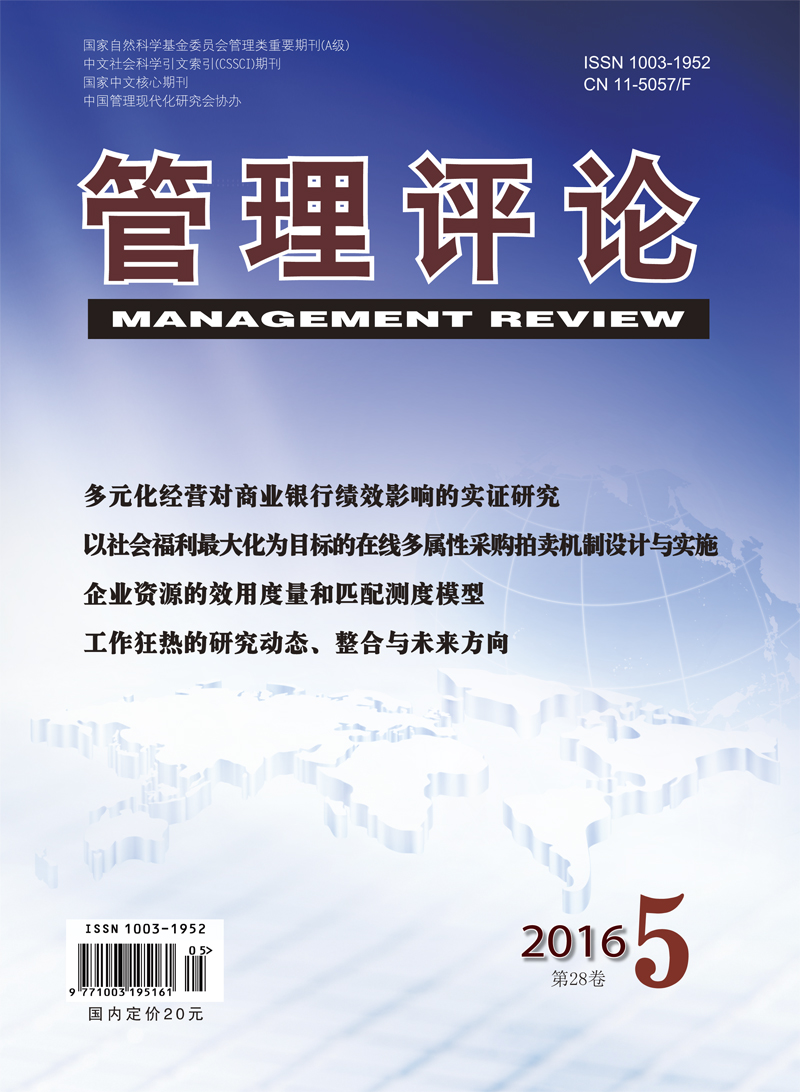In recent years, BOT (build-operate-transfer) arrangement has been widely applied for public utilities and infrastructure construction projects around the world, especially in the field of transportation infrastructure, which could relieve the government's financial burden and improve operating efficiency. But with the development of economy and a surge of traffic, many investors of the transportation BOT projects have gain huge profits, which seriously damage the social fairness. Aiming at the realization of maximizing the consumer surplus and the net revenue of project companies, this paper constructs a complete information dynamic game model of concession period and toll for BOT projects under high demand, which means that consumers would like to pay more than the price cap determined by government. Under the conditions of high demand and governmental toll controls, backward induction is carried out to derive the optimized concession period and toll. And further, it analyses the properties of the decision results. Finally, the proposed model is illustrated by a numerical example. The proposed decision mechanism can not only avoid the project companies to reap huge profits, but also maintain investment enthusiasm of them. Therefore, it may provide scientific decision-making reference for both the government and private sector in initial negotiation period for BOT projects.

